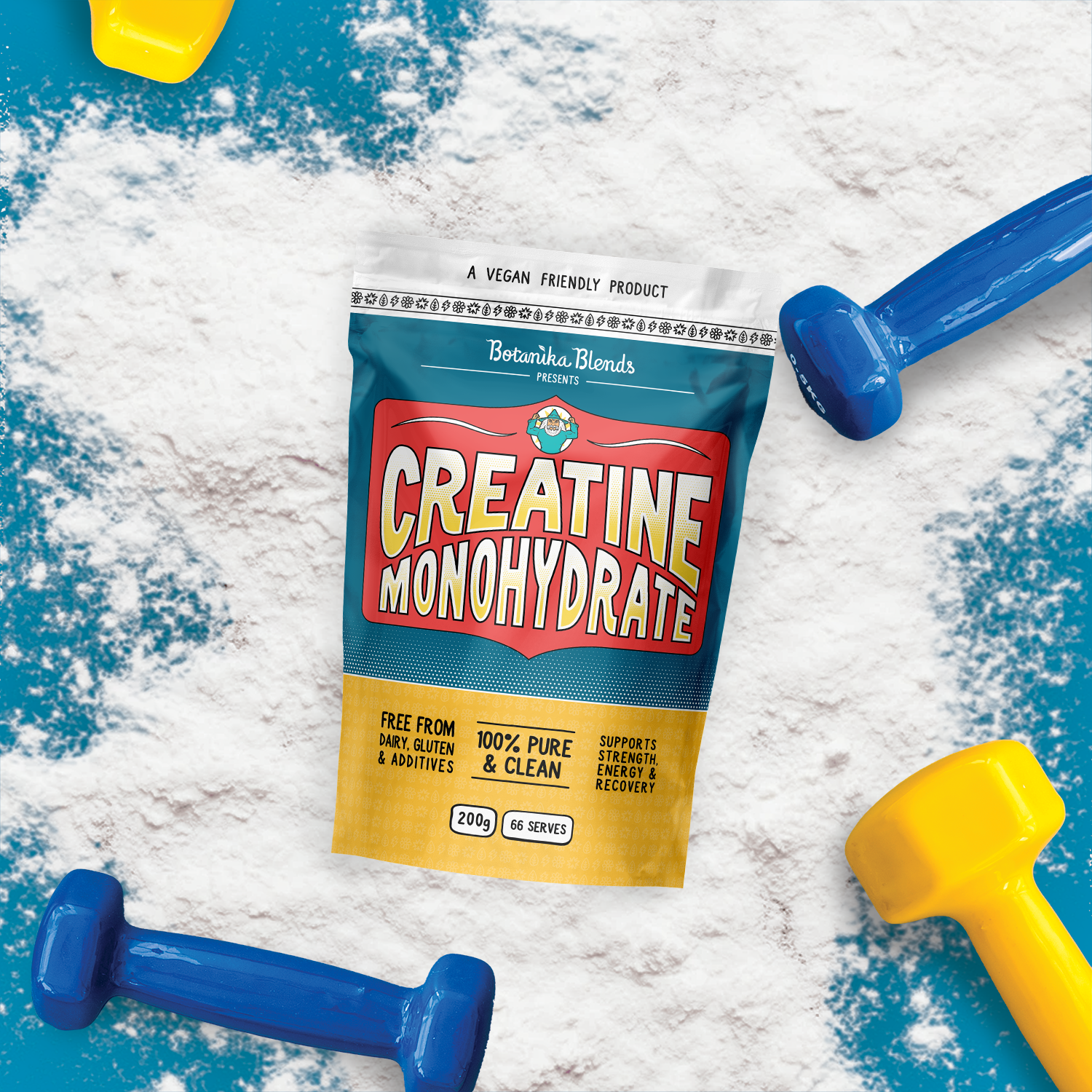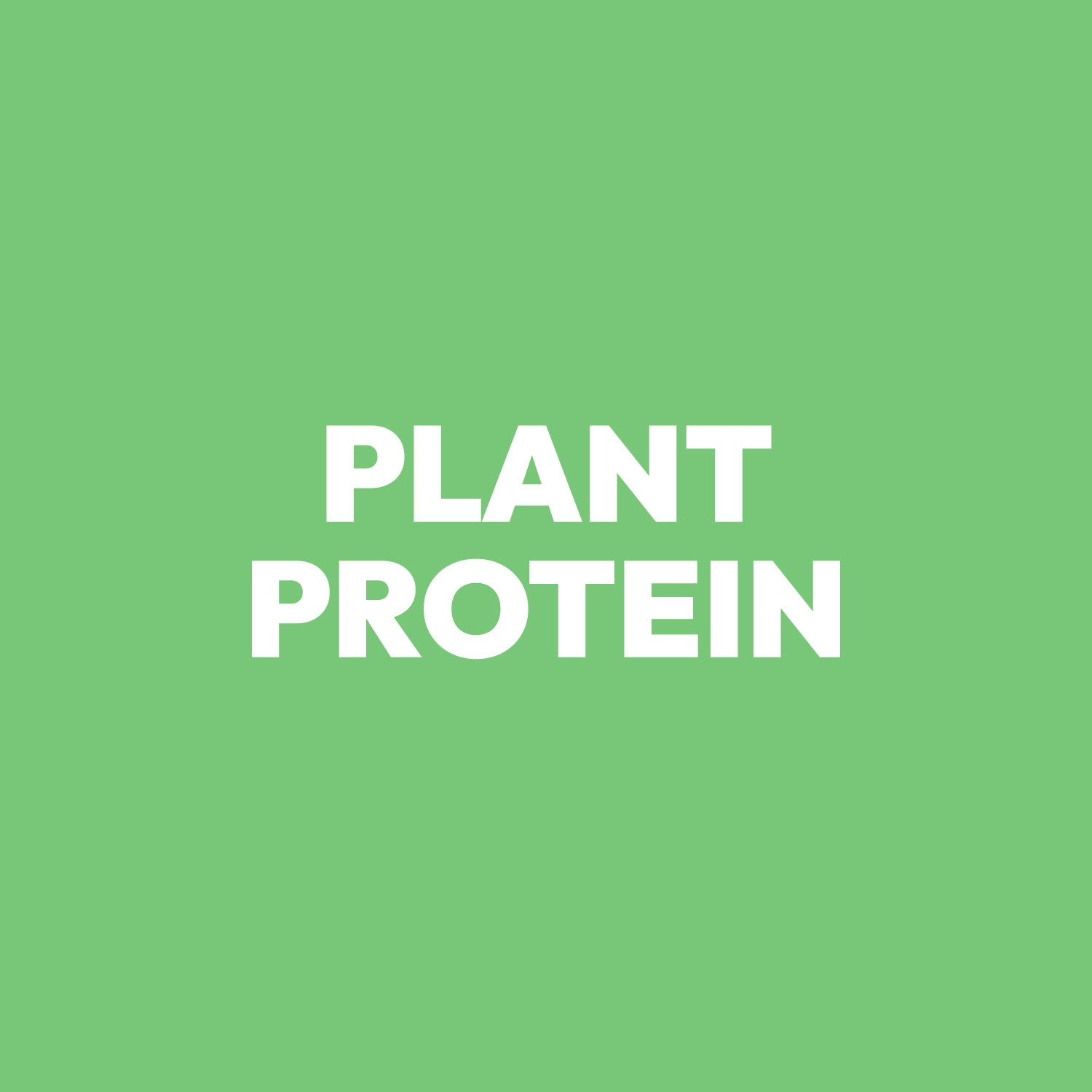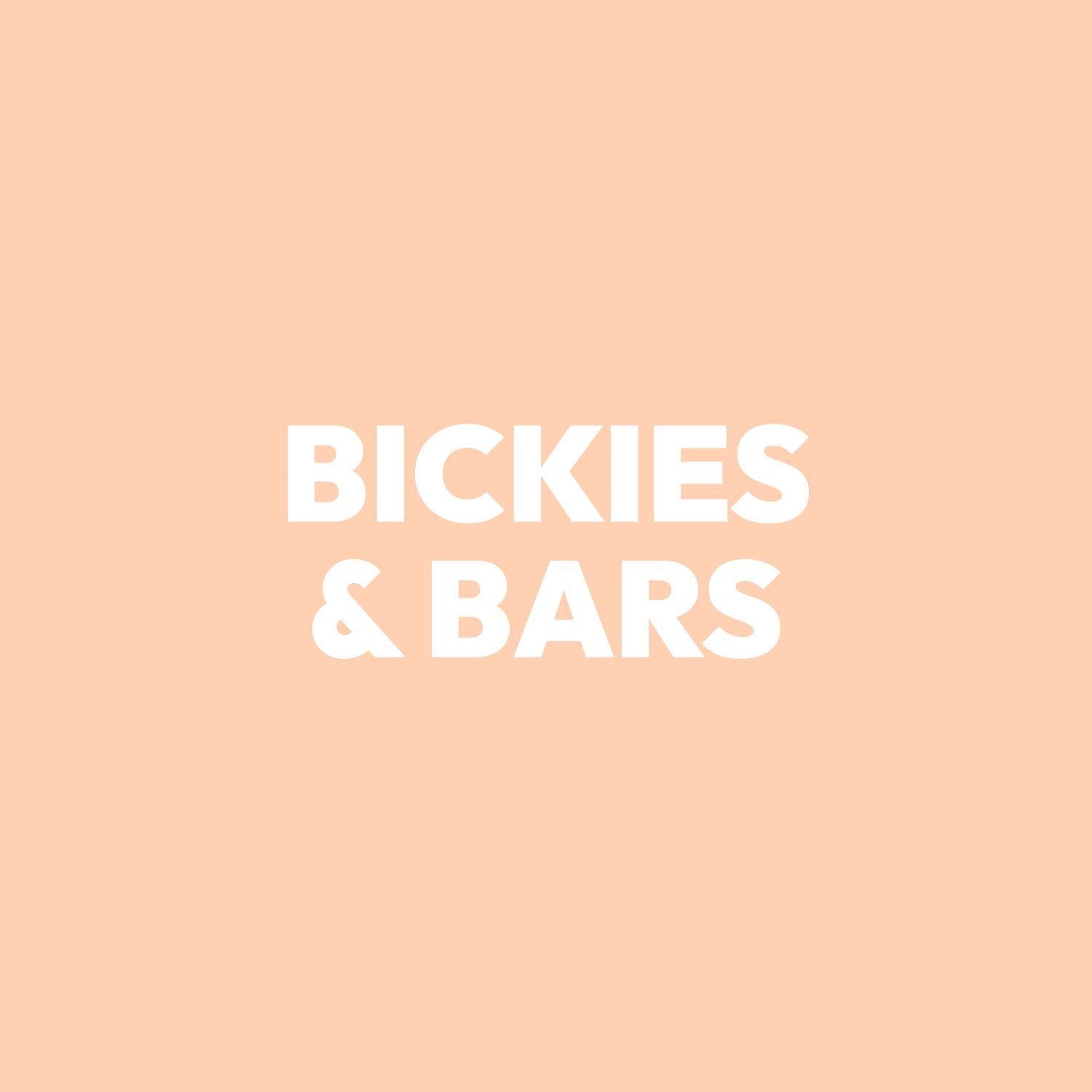

Creatine for brain: a nootropic for the modern mind
When you think of creatine, you probably picture a muscle-bound gym goer shaking up a pre-workout cocktail. But what if we told you that creatine for brain health is the next big thing in dietary supplements? That’s right—this naturally occurring compound doesn’t just power your biceps. It’s also showing promise in powering your brain cells.
So, What Exactly is Creatine?
Creatine is made from three amino acids and is produced naturally in your liver, pancreas, and kidneys. While it’s famously stored in muscle tissue to fuel physical activity, around 5-10% of your body’s total creatine is stored in your brain tissue. Why? Because your brain is a total energy hog, consuming up to 20% of your body's energy despite making up only 2% of your body weight.

Cue the arrival of creatine supplementation. While dietary sources of creatine (like red meat and fish) exist, they’re not ideal for vegans, vegetarians, or anyone aiming to boost their brain creatine levels without a side of saturated fat.
How Does Creatine Help Brain Function?
Let’s break down the nerdy stuff. Your brain relies on ATP (adenosine triphosphate) for energy. During intense mental effort or sleep deprivation, ATP demand spikes. That’s when oral creatine monohydrate supplementation becomes your secret weapon.
Creatine acts like a cellular power bank. It regenerates ATP quickly, improving brain function under stress. That’s why some studies suggest creatine may boost performance in memory tasks, cognitive tasks, and even reduce mental fatigue.
The Sciencey Stuff: What Research Shows
-
A placebo-controlled study found that people taking creatine showed significant improvement in working memory and reasoning tasks.
-
Another found that oral creatine administration helped reduce cognitive impairment caused by oxygen deprivation.
-
Older adults and vegetarians, who often have lower brain creatine levels, showed enhanced cognitive performance with creatine supplementation.
Some researchers even argue that creatine may have beneficial effects for individuals with neurological diseases like Alzheimer’s disease, though more research is definitely needed.
Creatine vs. Coffee: Who Wins?
Caffeine gives you a jolt; creatine supplements give you stamina. Think of caffeine as your sprinter, and creatine as your marathon runner. One sharp burst vs. long-lasting focus. Plus, creatine doesn’t come with the caffeine crash or the jitters.
Can Creatine Help with Mood?
There’s emerging data that creatine supports brain health beyond just cognition. Some trials show improved mood and fewer depressive symptoms in participants taking creatine—especially women. Why? Because creatine helps balance brain glutamate levels, the very chemicals linked to mood regulation.
Any Side Effects?
Creatine has been studied for decades. Most side effects—like mild bloating or upset stomach—can be managed by adjusting the dose. And despite popular belief, it does not negatively affect kidney function in healthy adults. Just stay hydrated and follow dosage guidelines.
How to Take Creatine for Brain Power
Simple: Go with creatine monohydrate powder. It’s tasteless, affordable, and dissolves easily in water. Avoid flashy forms like creatine ethyl ester—they’re often less effective.
Start with a loading dose if you’re in a rush (0.3g/kg body weight for 5-7 days), or just begin with a daily dose of 3-5g. Either way, creatine retention in the brain builds over time. Consistency is key.
Brain Gains: Creatine in Real Life
Creatine isn’t magic brain juice, but it’s pretty darn close. Whether you’re studying, problem-solving, parenting, or just adulting at full speed—creatine helps. You might not notice fireworks, but sharper thinking, less fatigue, and better memory? That’s a win.
The Botanika Blends Way
If you’re looking to get started, Botanika Blends Creatine Monohydrate is a smart choice. It’s pure and lab-tested—no fillers or fluff.

It’s also tasteless, so you can easily add it to water, smoothies, or even a morning coffee (just skip the espresso if your tummy’s sensitive). While we’re known for our gut-loving protein powders and dreamy jellies, this little white powder might just be your next brain-boosting BFF.
Summary Table: Creatine For Brain
|
Aspect |
Details |
|---|---|
|
Key Compound |
Creatine monohydrate |
|
Main Function |
Boost ATP production in brain cells to enhance memory, focus, and cognition. |
|
Target Audience |
Healthy adults, older adults, vegetarians, students, professionals. |
|
Cognitive Benefits |
Better memory, reduced mental fatigue, improved cognitive task performance, and mood support. |
|
Best Form |
Creatine monohydrate powder |
|
Recommended Dosage |
3-5g daily; loading dose of 0.3g/kg optional |
|
Side Effects |
Mild bloating or stomach discomfort (rare); no kidney issues in healthy individuals. |
|
Storage in Brain |
5-10% of body’s total creatine |
Share:
FAQ – CREATINE FOR BRAIN
More blogs
-

Creatine Monohydrate: Complete Review
Creatine is for everyone – not just bodybuilders, but athletes, fitness enthusiasts, and people seeking better health Botanika Blends Creatine Monohydrate is Australia's best plant-based creatine – vegan, clean, effective 3g per serving of pure creatine monohydrate – scientifically proven to work Supports...
-

Botanika Blends Plant Protein Powder: Complete Review
The Quick Rundown Botanika Blends is Australia's best plant-based protein powder – organic, clean ingredients, actually tastes good All 3 flavours are delicious – Vanilla Cake Batter, Strawberries & Cream, Choc Peanut Butter Up to 26g complete plant-based protein per scoop – all 9 essential amino...
-

Plant-Based Protein Smoothie Recipes: 20 Easy Ideas
The Quick Rundown Smoothies are the easiest way to add plant-based protein – 5 minutes, no cooking, delicious You need just 5 basic ingredients – liquid, protein, fruit, greens, toppings Botanika Blends Plant Protein makes it effortless – 25g protein per scoop, tastes amazing...
















